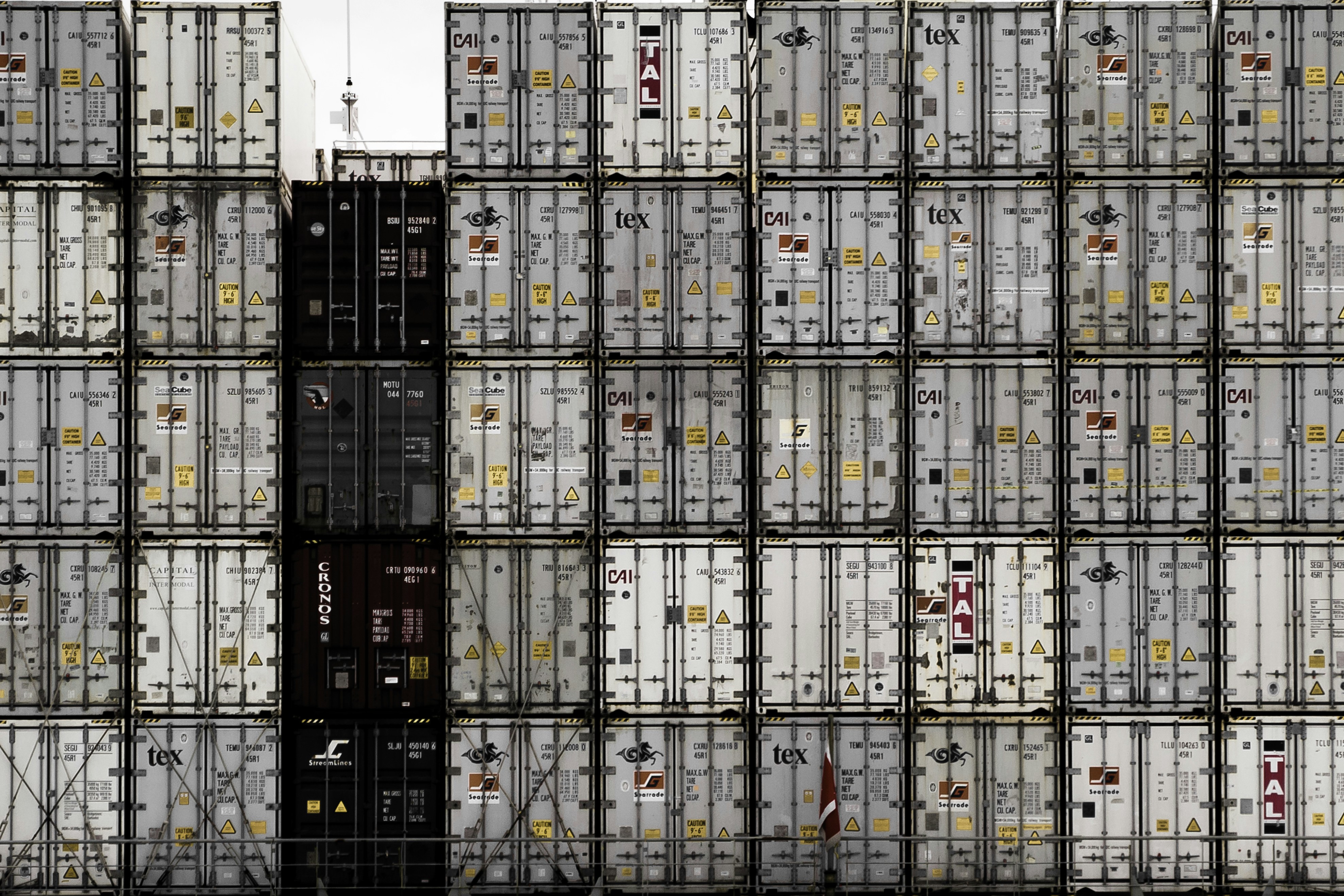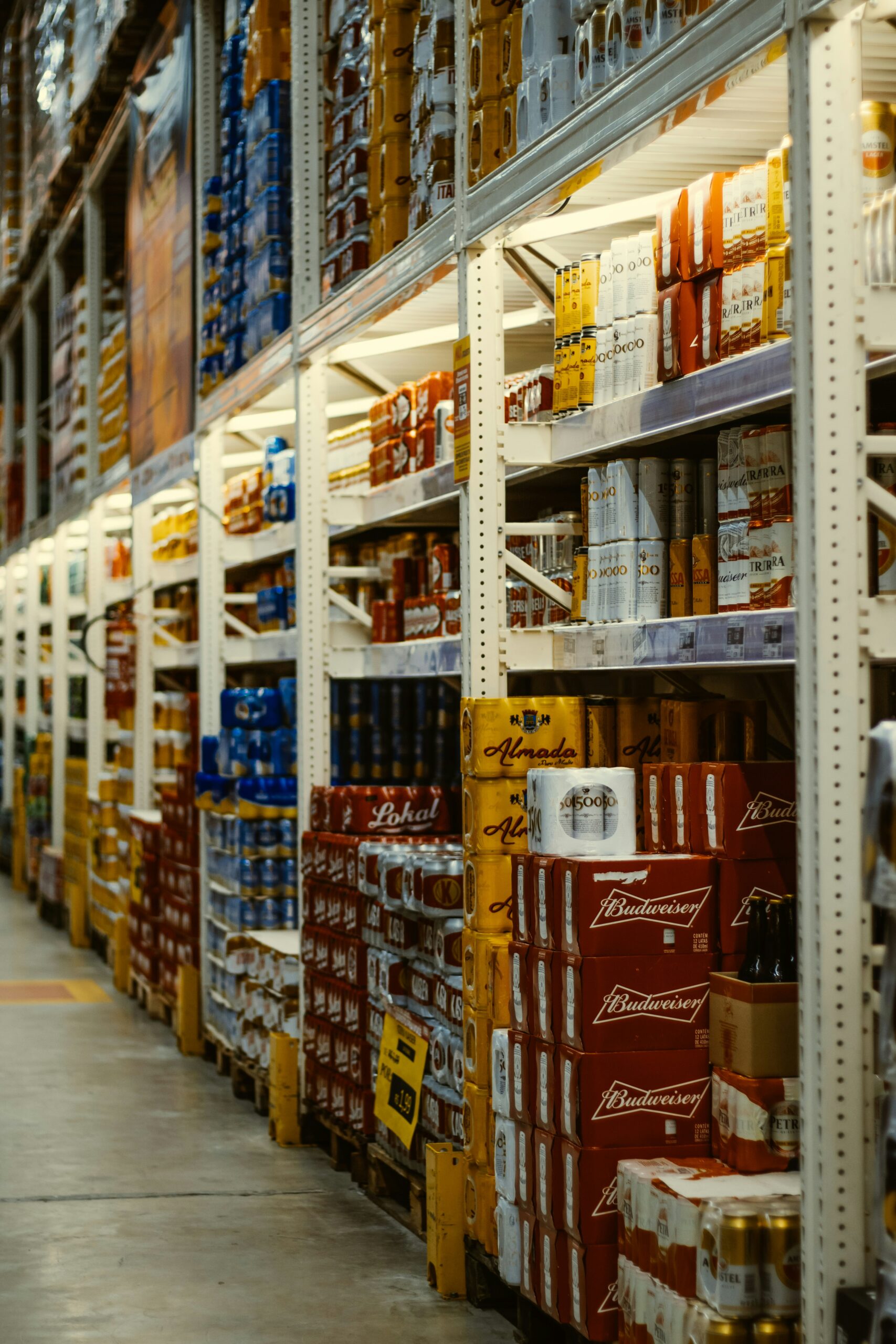Understanding the Importance of Cold Chain Logistics
Introduction to Cold Chain Logistics Cold chain logistics refers to the specialized temperature-controlled supply chain that is essential for the transportation and storage of perishable goods. This meticulous process ensures that products such as pharmaceuticals, food and beverages, and biotechnology materials maintain their integrity and quality throughout the distribution cycle. The cold chain logistics framework […]
Understanding the Importance of Cold Chain Logistics Read More »







